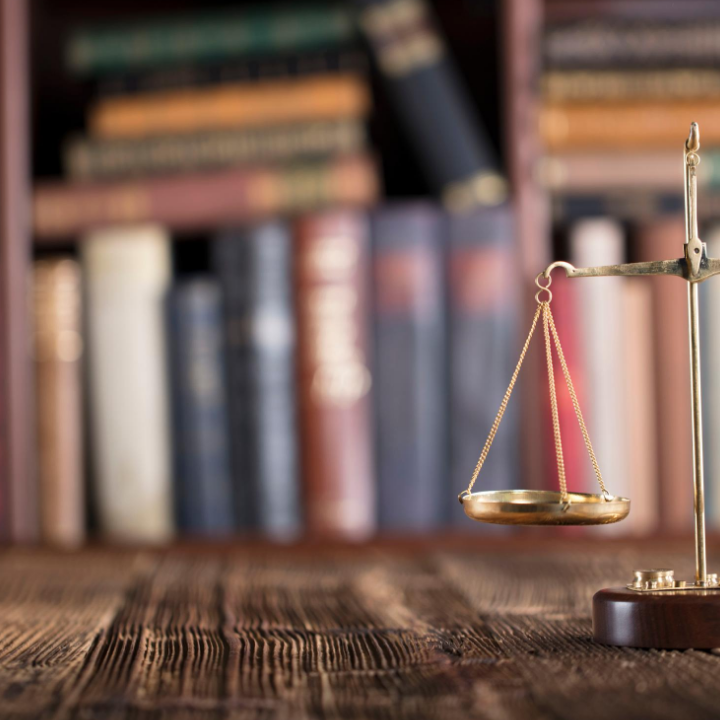USA: Yale Law School Faculty and Students File Amicus Briefs in Nestle USA, Inc. v. Doe case pleading for corporate liability under the ATS

Canva
"YLS Faculty and Students File Amicus Briefs in Nestle USA, Inc. v. Doe", 21 October 2020.
This week, Yale Law School faculty and students worked to submit two amicus briefs with the U.S. Supreme Court in the cases of Nestle USA, Inc. v. Doe and Cargill, Inc. v. Doe. The case raises questions about what civil actions can be brought against a U.S. domestic corporation under the Alien Tort Statute (ATS) and whether the judiciary has the authority under the state to impose liability on those corporations...
Both Yale Law groups filed their amicus briefs in support of the respondents, former child slaves from Mali...
The respondents allege that petitioners aided and abetted child slavery, forced labor, and human trafficking committed by cocoa growers in the Ivory Coast through financial contributions and technical support originating from their U.S. offices, all while aware that these international law violations were taking place on these plantations.
Most recently, the Ninth Circuit held that respondents could assert a claim under the ATS against petitioners for aiding and abetting the international law violations at issue in the case because the relevant conduct was domestic and within the focus of the ATS, meeting the standard set by the Supreme Court’s decision in Kiobel v. Royal Dutch Petroleum (2013).
Moreover, the Ninth Circuit held that U.S. domestic corporations are not exempt from suit under the ATS, contrasting the case with Jesner v. Arab Bank (2018), where the Supreme Court held that foreign corporations are improper defendants under the ATS because imposing such liability would unduly interfere in foreign affairs.
The Supreme Court granted the petitioners’ writ of certiorari on July 2, 2020 and the case is scheduled for oral argument on December 1, 2020.